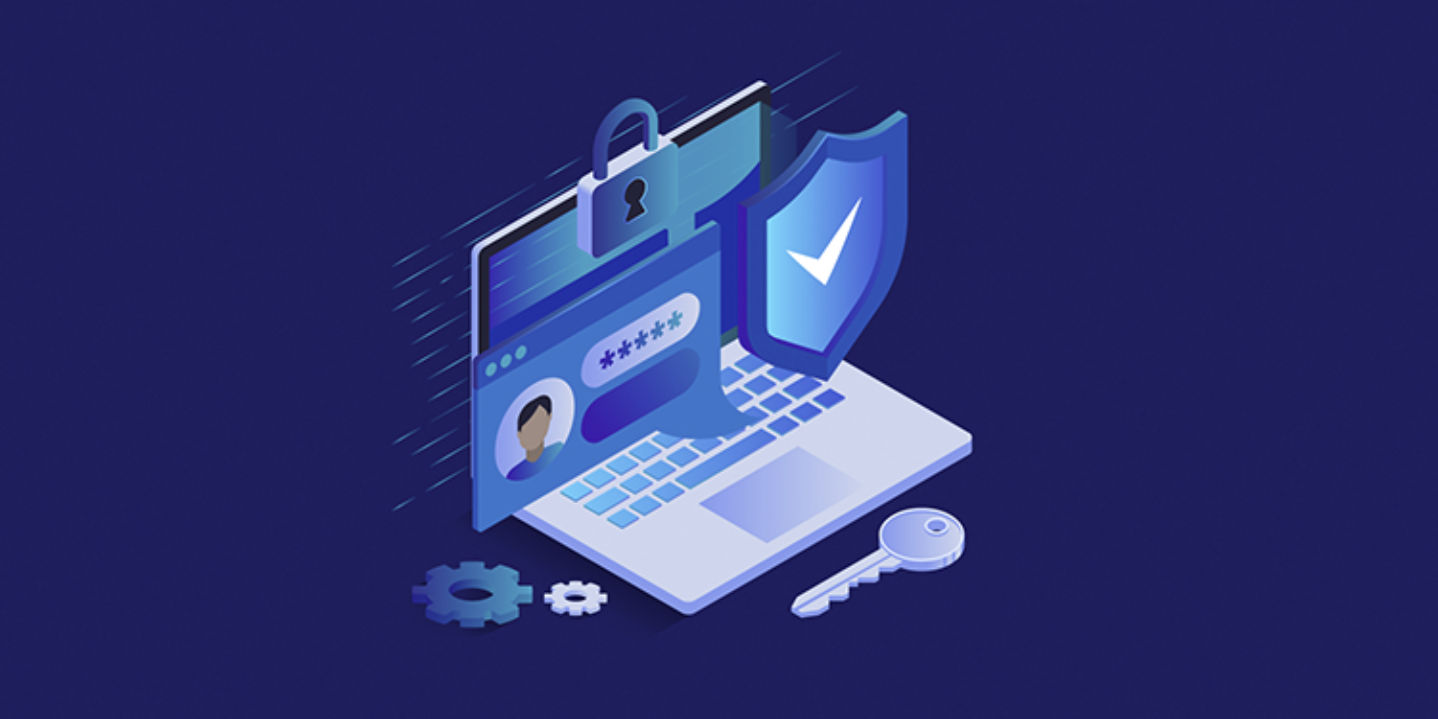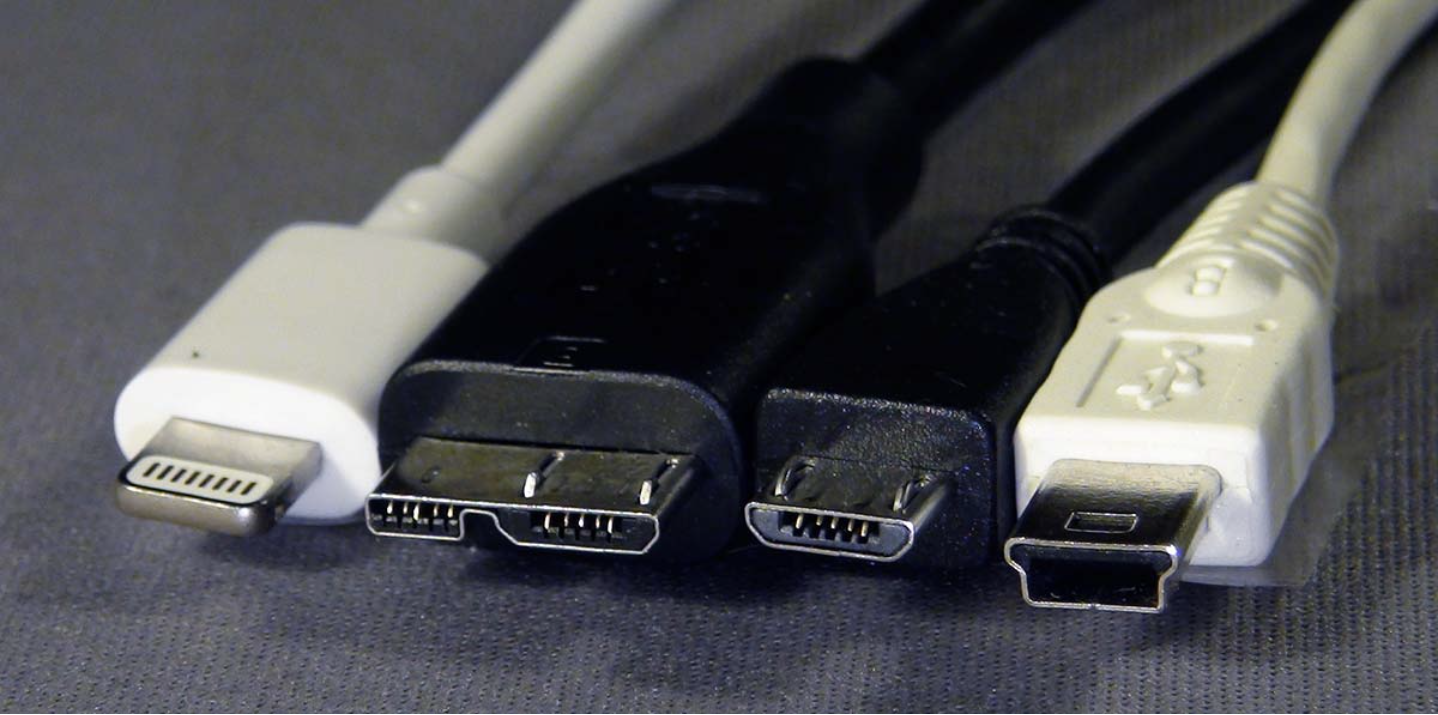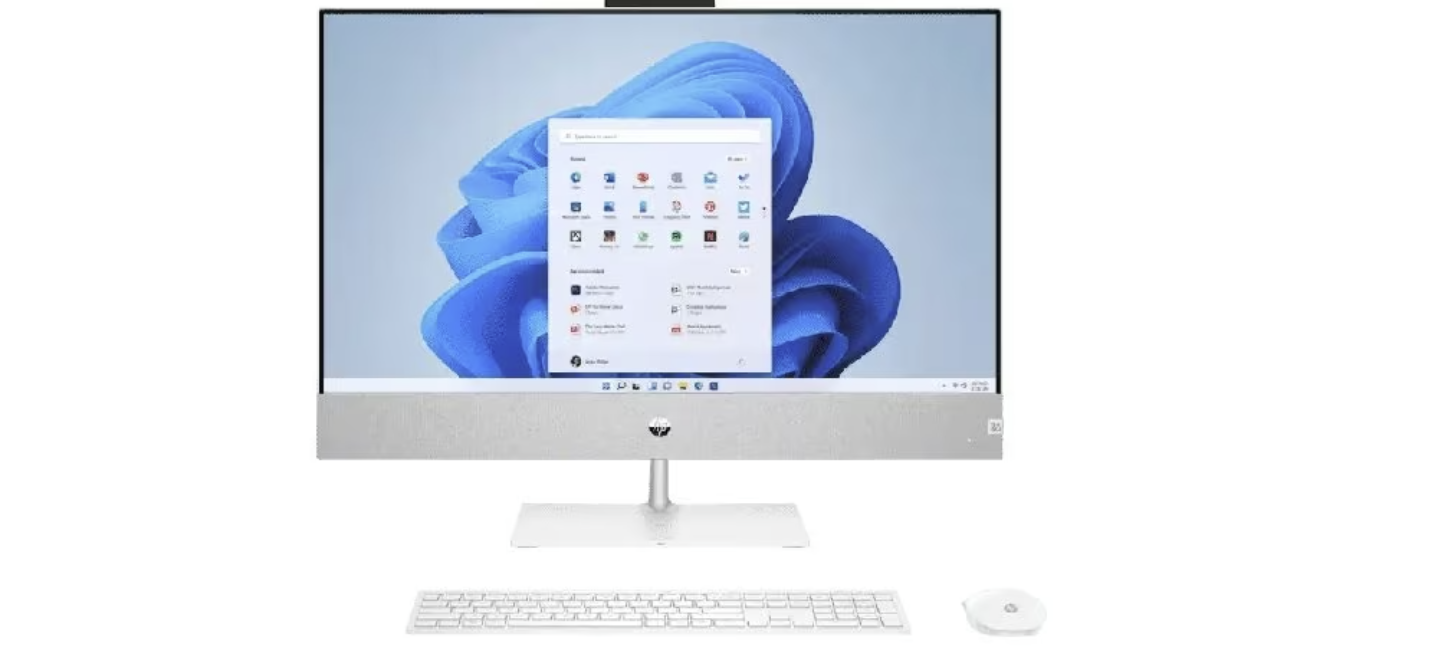
Cookies, Privacy, and Cybersecurity
Introduction
As technology continues to evolve, cookies have become a significant part of the online experience. While they help websites function smoothly, they also introduce potential privacy risks. Cookies are small pieces of information stored on your device that allow websites to remember your preferences and keep you logged in. However, these cookies can also be used to track your online behavior and steal sensitive data. This article will explore the role of cookies, the privacy issues they raise, and how they relate to cybersecurity.
Privacy Issues with Cookies
Cookies are intended to enhance user experience by remembering details like login information and preferences. However, they can also be exploited for tracking purposes. In some cases, cookies can capture personal information and transmit it to third parties without your consent. For example, some web applications might use cookies to track your browsing history or store sensitive data, which could be accessed by hackers or other malicious parties.
Many users fail to notice the small privacy disclaimer or checkbox that appears when visiting a website for the first time. Ignoring this prompt can lead to cookies being stored on your device, often without fully understanding how they will be used. This can put your data at risk, as unauthorized users may gain access to your browsing history or personal details.
Types and Purpose of Cookies
Cookies serve various functions on the web. There are different types of cookies, each designed for specific purposes:
- Session Cookies: These are temporary cookies that store information only during your browsing session. Once you close your browser, they are deleted.
- Persistent Cookies: These cookies remain on your device for a set period, even after you close your browser. They are often used to remember your login details or preferences for future visits.
Cookies are primarily used to enhance user experience, such as saving your login information or remembering your preferences for a website. However, they also have more advanced functions like tracking user behavior for analytics or advertising purposes.
Functional and Third-Party Cookies
Some cookies are used for functional purposes, such as ensuring that user sessions are managed correctly across different pages of a website. These cookies help maintain a smooth browsing experience by remembering your activity and preferences.
Third-party cookies are often used by external advertisers and websites to track user activity across different sites. These cookies collect data without the user’s knowledge and are often used to target ads, which can violate privacy. They can also be used for more malicious purposes, such as stealing sensitive information or tracking users for cybercrime activities.
Cybersecurity Concerns with Cookies
Cybersecurity is closely tied to cookie usage. The Data Protection Regulation Act was introduced to help protect users by ensuring that websites notify visitors about their cookie usage. This regulation aims to raise awareness about cookies and help safeguard personal information from unauthorized access.
Unfortunately, some websites misuse cookies for malicious purposes, leading to privacy breaches. It’s important for users to understand how cookies work and what information they collect in order to make informed decisions about their online activity.
Preventing Cookie Tracking
To protect your privacy, you can take steps to prevent cookies from tracking your online behavior:
- Disable cookies from pop-up notifications.
- Regularly check and delete cookies from your browser settings.
- Use privacy settings in browsers like Google Chrome to limit cookie tracking.
- Enable the “Do Not Track” feature to prevent websites from tracking your browsing behavior.
By following these steps, you can ensure that your privacy is better protected while browsing the web.
Conclusion
Cookies are an essential part of the internet, but they also pose privacy and security risks. Understanding the different types of cookies and their purposes is crucial for maintaining control over your personal information. By actively managing cookies and staying aware of privacy settings, you can minimize the chances of your data being misused or compromised. Always be cautious when browsing the web and ensure that your information is kept secure.













